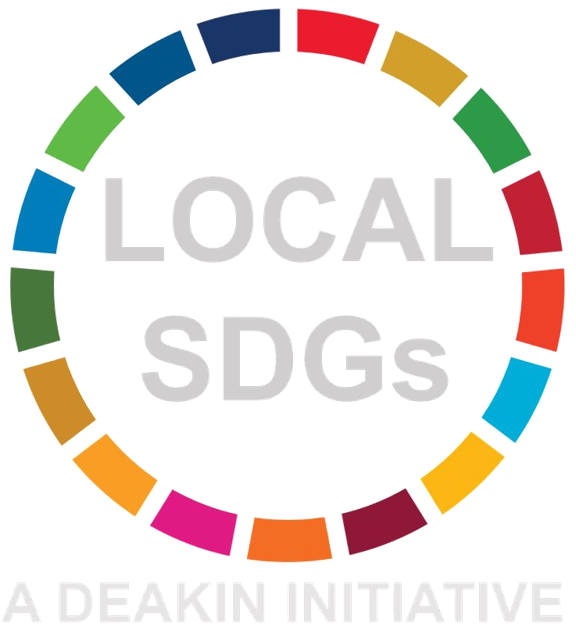Integrated Assessment Modelling Consortium
December 1st-4th
The Thirteen IAMC Annual Meeting will be held online, as a consequence of the COVID-19 outbreak. This is an opportunity for the IAMC community to explore other ways of facilitating scientific collaboration and discussing research whilst also reducing the ecological footprint of similar events. IAMC is committed to convert this crisis in an opportunity and invites its community to participate this year’s Annual Meeting.
Purpose
present and discuss the state of the art in integrated assessment modeling;
review the status of ongoing community activities including both multi-model studies and the activities of the IAMC Scientific Working Groups;
facilitate interaction with collaborating communities;
evaluate and revisit the priorities of the integrated assessment community.
Themes
Assessment of Sustainable Development Strategies. This session will look into scenarios aiming to reach multiple SDGs and analysis of the energy-water-land nexus.
Integrated assessment of land-based mitigation. This session will focus on the pros and cons of land-based mitigation measures such as bio-energy, reforestation and avoiding deforestation.
Integrated assessment of climate change impacts, including adaptation. This session will focus on modelling climate impacts in integrated assessment models. Special attention will be paid to the representation of adaptation in IAMs.
Further elaboration of the Shared Socio-economic Pathways (SSP) and updates of existing quantifications. This session will focus on updates of the SSP scenarios and extensions of the SSPs in various areas and across scales, for example development of national and regional scenarios and their association with appropriate SSP domains.
About IAMC
The IAMC was created in 2007 in response to a call from the Intergovernmental Panel on Climate Change (IPCC) for a research organization to lead the integrated assessment modeling community in the development of new scenarios that could be employed by climate modelers in the development of prospective ensemble numerical experiments for both the near term and long term.

